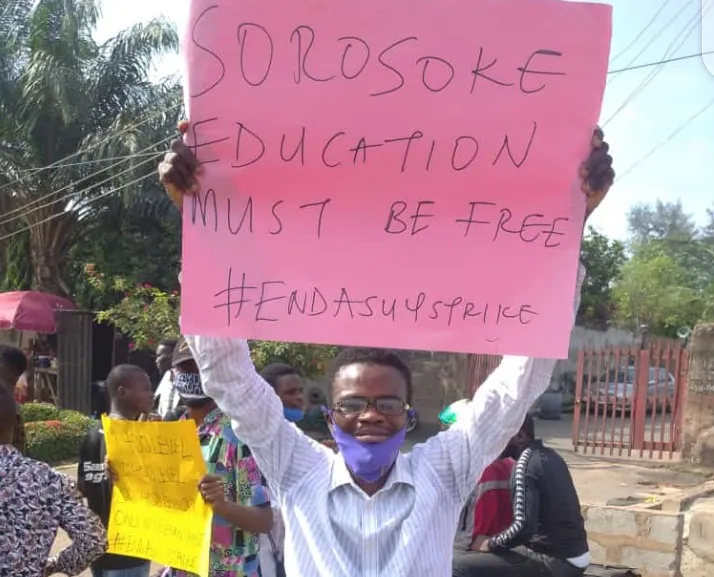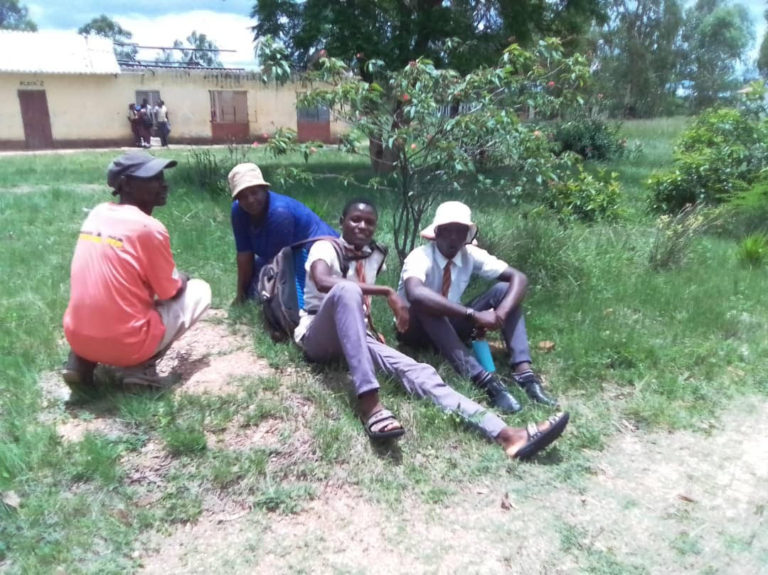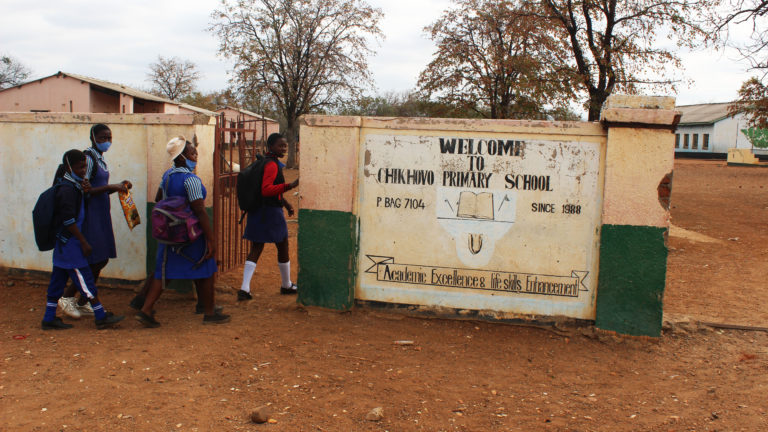On November 22nd, 2022, Nigeria’s 9th National Assembly successfully passed a Students’ Loan Bill, a move that has now incited reactions along varying interests and ideological lines. The bill, sponsored by the Speaker of the House of Representatives, Femi Gbajabiamila purportedly seeks to ease access to public education by providing tuition loans to students whose family’s annual income is less than five hundred thousand naira – over 133 million Nigerians are in this category.
Students who are eligible for this tuition loan are expected to apply through their respective tertiary institutions, and the tuition will forthwith be paid directly into the account of the applicant’s institution of learning.
Beneficiaries of this student loan are expected to begin repayment two years after National Youth Service Corps.
While the speaker of the house had argued that the bill is in the interest of the students and the people of Nigeria, critical analysis of the loan bill reveals the contrary. Aside from the fact that experiences from other countries have persistently shown how a student loan program has turned out to be synonymous with offering a poisoned chalice to the “beneficiaries” of such a program, we also note that this bill is a deliberate ploy by the irresponsible Nigerian state to distract the public from the real issues of education underfunding.
Against the background of numerous attempt to institutionalize the commercialization of public education in Nigeria, the government in different instances have developed various initiatives targeted at placing the burden of education funding on the shoulders of Nigerian students and their poor parents. One of the most recent of such attempts is a Steve Oransaye Committee inaugurated in 2012 by the administration of former President, Goodluck Jonathan. The committee recommended the introduction of very high tuition to the tune of 450- 525 thousand naira in Nigerian tertiary institutions, starting with the first Generation Universities. The committee argued that tuition of such magnitude is a necessity if our universities must stand a chance to compete minimally with the rest of the world. In short, the committee’s recommendation was that government hands off education funding and allow students to bear the burden of the stupendous resources needed to fund tertiary education.
In 2014, it was reported that the Jonathan administration had issued a white paper on the report of this committee.
Upon emergence in 2015, the Buhari regime continued on these neoliberal foundations of the Jonathan administration by inaugurating a committee of 16 headed by the former University of Lagos Pro-Chancellor, Professor Wale Babalakin. This committee, like Oransaye, proposed an astronomical increment in tuition, this time to the tune of One million naira. In addition to very high tuition, Babalakin also argued for the establishment of an education bank that will grant loans to students for the purpose of paying for this high tuition. Commendably, the Academic Staff Union of Universities (ASUU) rejected this recommendation, describing it as an attempt to hand over public universities to private interests.
Recall that in 2009, ASUU, again made a case for increased funding of public education starting with the immediate injection of 1.3 trillion naira into public Universities. It proposed in its 2009 agreement with the federal government that this funding should be paid to the universities in three tranches. It took the Union to go into another six months of strike action in 2013 to compel the government to release the first tranche of 220 billion naira in the latter part of 2014. This is close to five years since the agreement was signed.
Meanwhile, just two years before the 2009 agreement, the Nigerian government bailed out their friends in the banking system with a whopping sum of 3 trillion naira. The same government will later find it difficult to bail out public education with 1.3 trillion naira two years after.
No doubt, the Students’ Loan Bill represents the institutionalization of education commercialization with an overall aim to effectively consolidate an ongoing neoliberal siege against public education in Nigeria.
It is on record that in places like the United States of America, where this policy may have been adopted, beneficiaries of such loans spend their entire adult life repaying loans. In fact, President Obama couldn’t complete his repayment until he became America’s President. Millions of American citizens are living in heavy debt accrued from this sort of draconian policy. The implications in Nigeria are bound to be much worse.
In addition to the problem of mass unemployment and massive de-industrialization, Nigeria also struggles with increasing poverty with over 133 million Nigerians living in abject poverty.
Whereas the bill states that beneficiaries of this loan must begin repayment two years after completion of Youth Service, it fails to put into consideration the obvious reality that most Nigerian graduates are unable to find jobs years after leaving school. And those with the initiative to start small businesses aren’t availed with an enabling environment for a thriving business.
It is rather unfortunate that of many western education policies, Nigerian leaders have always opted for the ones that have proven to be a monumental disaster. It remains a wonder that they have chosen to ignore great examples of other Western countries like Germany, Switzerland, Finland, and many Scandinavian countries that have a culture of giving free and qualitative education to its citizens.
The problem we face isn’t the fact that the Nigerian state is incapable of funding free and qualitative education, it is that Nigerian leaders are unwilling to commit to massive investment into education. Monies that should have been committed to funding public education are either looted or committed to white elephant projects. It was in this same country that Ministries Departments and Agencies (MDAs) were unable to account for a whopping sum of 1.2 trillion naira. We have seen how the accountant general of the federation stole 150 billion naira. These are just a few of many cases of mindless looting in the country. This is in addition to unremitted taxes from big corporations running to several billions of dollars.
While we continue to commend the education unions, especially the Academic Staff Union of Universities (ASUU) for rejecting this Greek gift, and insisting that the Nigerian government must abandon this distraction and genuinely commit to funding education, it becomes very imperative to call public attention to the urgency of resisting the cruel attempt to place an unfair burden of eternal debt on the strained shoulders of over 133 million poor Nigerians who already are finding it difficult to even afford to eat.




























